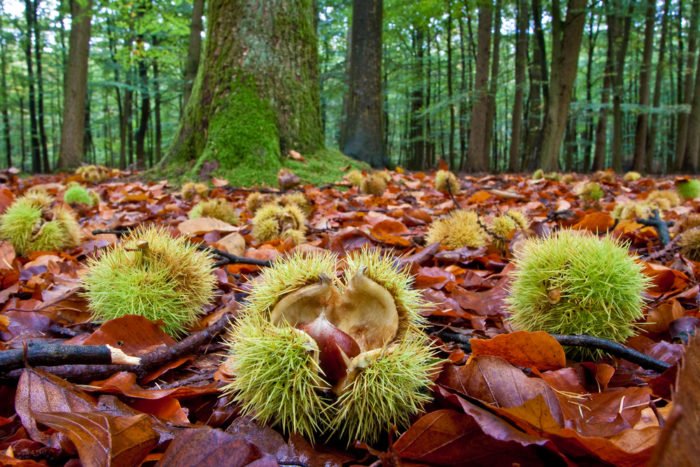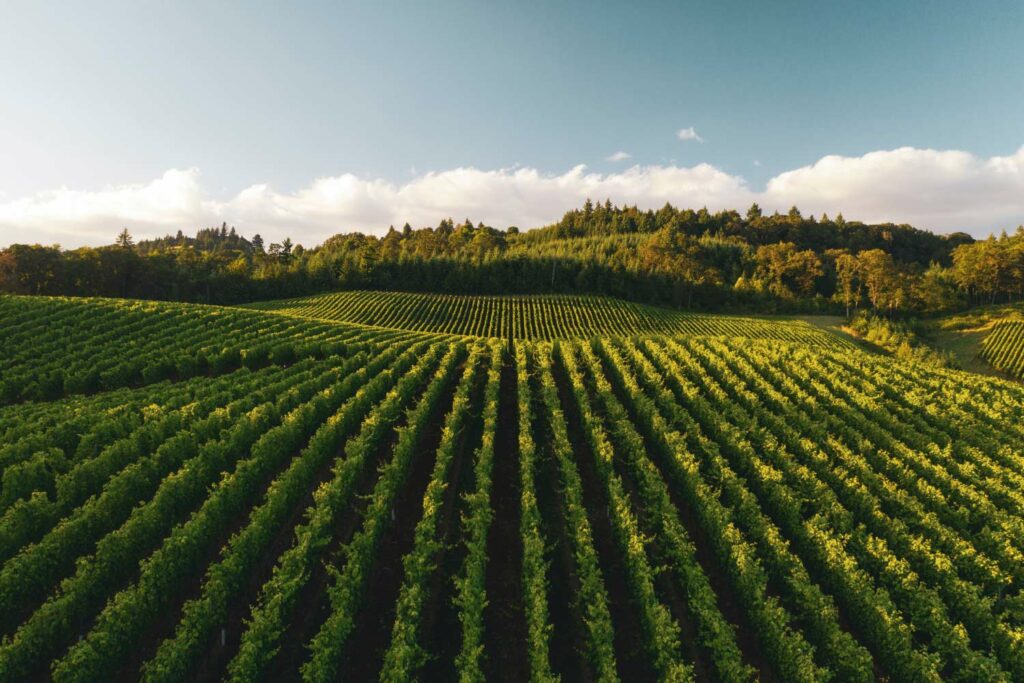characteristics
TANNINO WDG is a totally natural product rich in tannic substances extracted from chestnut bark. these provide the plant with a fortifying action as well as antioxidant activities and greater resilience against stresses and adversities.
The application of tannins strengthens the plant, stimulates the metabolism and improves absorption, leading to a more vigorous plant. The presence of tannins on the upper part of the leaf creates a physical disturbance to pathogen development, affecting its ability to enter stomas, property known as chemotropic disorder.

Mode of Application
TANNINO WDG should be applied as a preventive foliar application in integrated or organic programmes, in periods of fast vegetative growth, in mixture with protectant products or in copper reduction strategies.
On vegetables, in greenhouse and open field, use 3-4 kg/Ha in 300 to 600 L water/Ha.
On cereals, legumes, potato, carrot, use 3-4 kg/Ha in 200 to 500 L water/Ha.
On vineyard (wine and table grape), orchard, small fruits, use 3-4 kg/Ha in 250 to 1000 L water/Ha.
Increase water volume on account of vegetation density. Use “Fine/Medium” or “fine” type nozzles.
Warning
Do not use during flowering.
The product being acid, test compatibility with other products. The product is miscible with copper and sulphur salts.
Read label and MSDS carefully before use.
